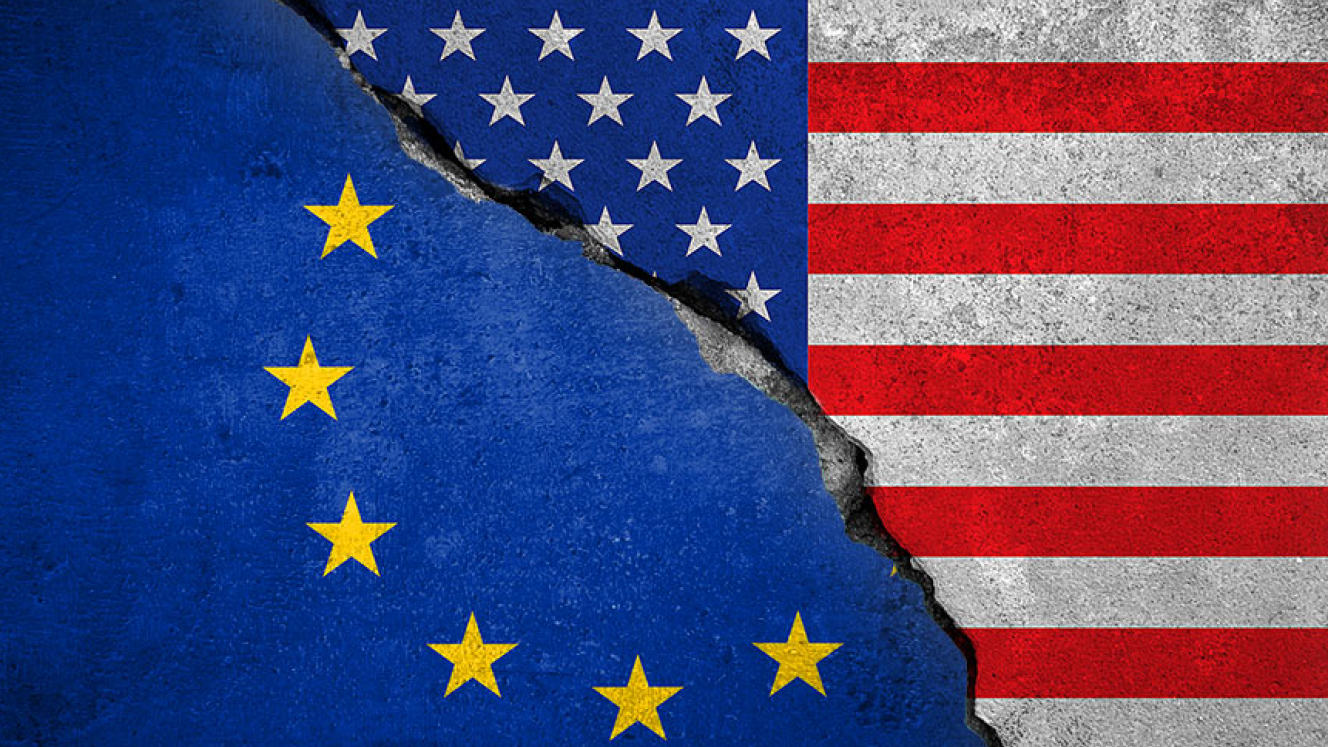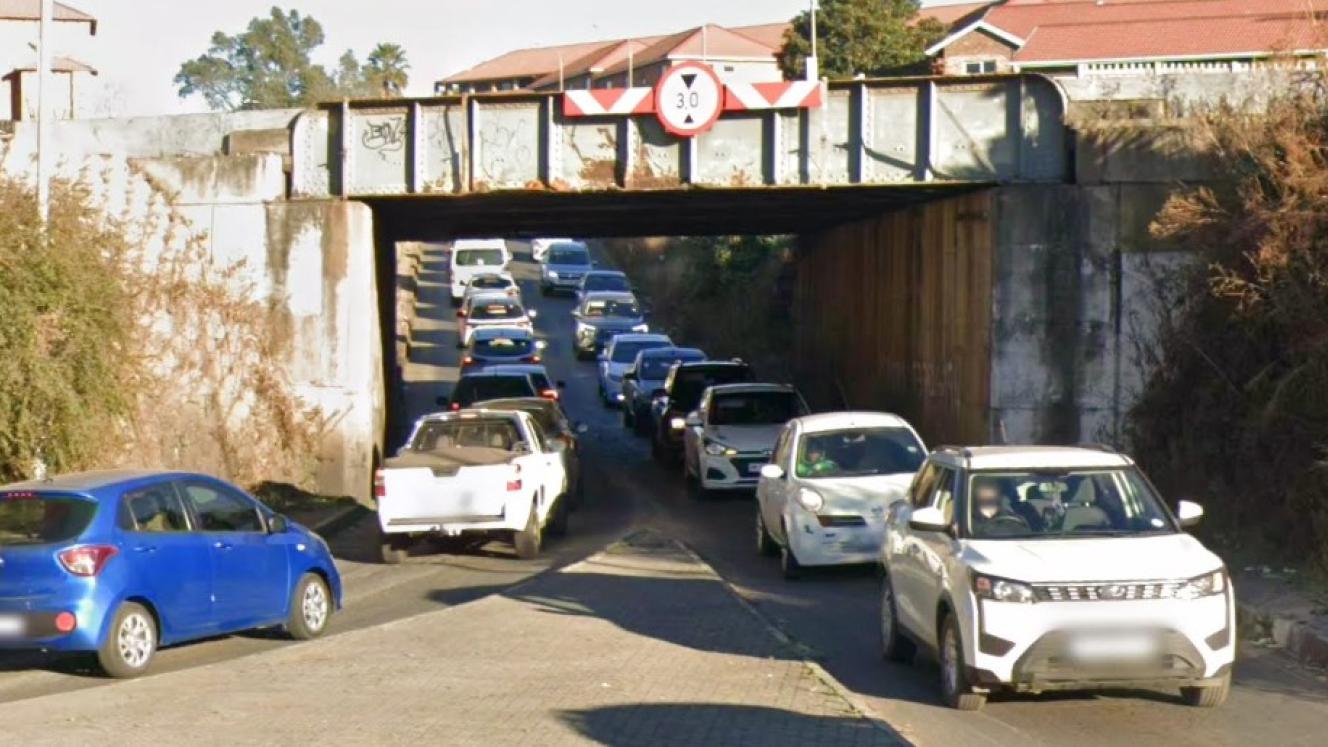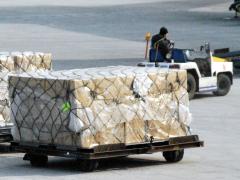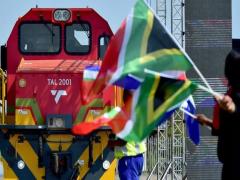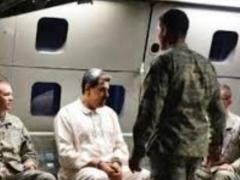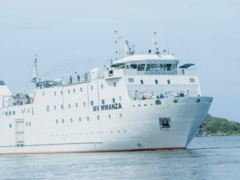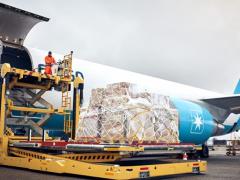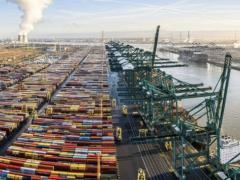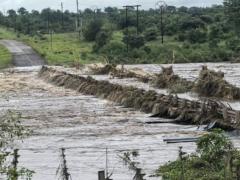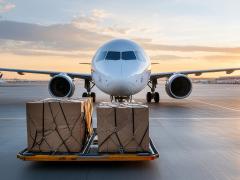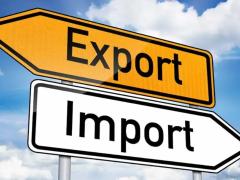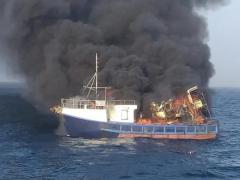The International Air Transport Association (Iata) said on Friday that it would continue to support governments in containing the spread of the novel coronavirus (Covid-19) outbreak, but warned that these containment efforts could have severe financial ramifications for the sector.
Alexandre de Juniac, Iata director general, said that although governments needed to do whatever it took to limit the spread of the virus, they had to also understand what the financial consequences would be for airlines during this period.
“These are extraordinary times and governments are taking unprecedented measures. Safety—including public health—is always a top priority. Airlines are complying with these requirements,” he said.
“Governments must also recognise that airlines—employing some 2.7 million people—are under extreme financial and operational pressure. They need support.”
Iata made this announcement after US President Donald Trump banned entry into the country for all non-US citizens who had been travelling in Europe over the past two weeks. Trans-Atlantic trade between the US and Europe is extensive with 200 000 flights, roughly 550 per day, scheduled between the regions in 2019.
Additionally, De Juniac said that governments should be prepared and ready to support the airlines financially during these difficult times.
“Governments must impose the measures they consider necessary to contain the virus. And they must be fully prepared to provide support to buffer the economic dislocation that this will cause,” he said.
“In normal times, air transport is a catalyst for economic growth and development. Suspending travel on such a broad scale will create negative consequences across the economy. Governments must recognise this and be ready to support.”
The situation is set to get worse before it gets better, especially after the World Health Organisation (WHO) labelled the outbreak as a pandemic. Despite this, the health organisation has continued to advise and assist global traders on the best safety precautions to take when dealing with the virus.
“Travel measures that significantly interfere with international traffic may only be justified at the beginning of an outbreak, as they may allow countries to gain time, even if only a few days, to rapidly implement effective preparedness measures,” the WHO said.
However, according to the WHO, these restrictions need to be carefully assessed as they can have severe financial ramifications on the global economy.
At the start of March, Iata announced that the outbreak could possibly cost the industry a staggering $113 billion in revenue, with the latest announcement by the US set to increase financial pressure on the sector. – Bjorn Vorster
